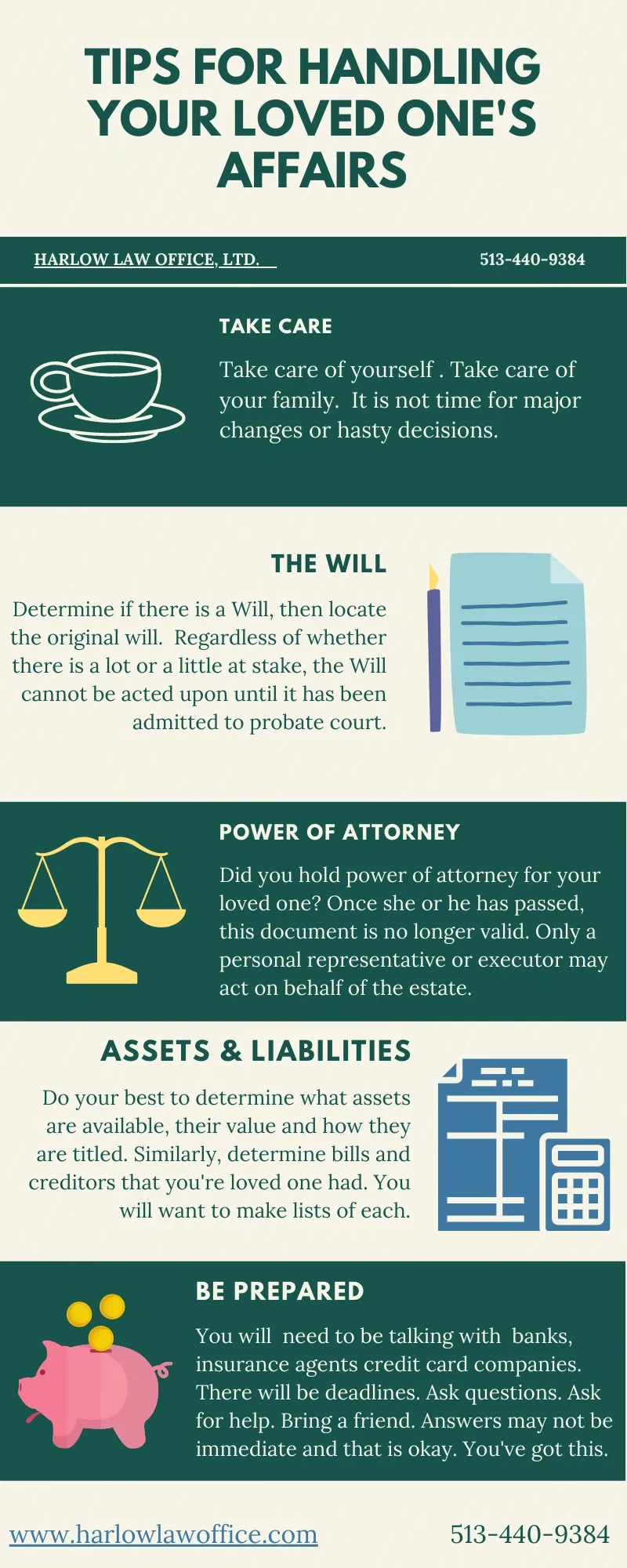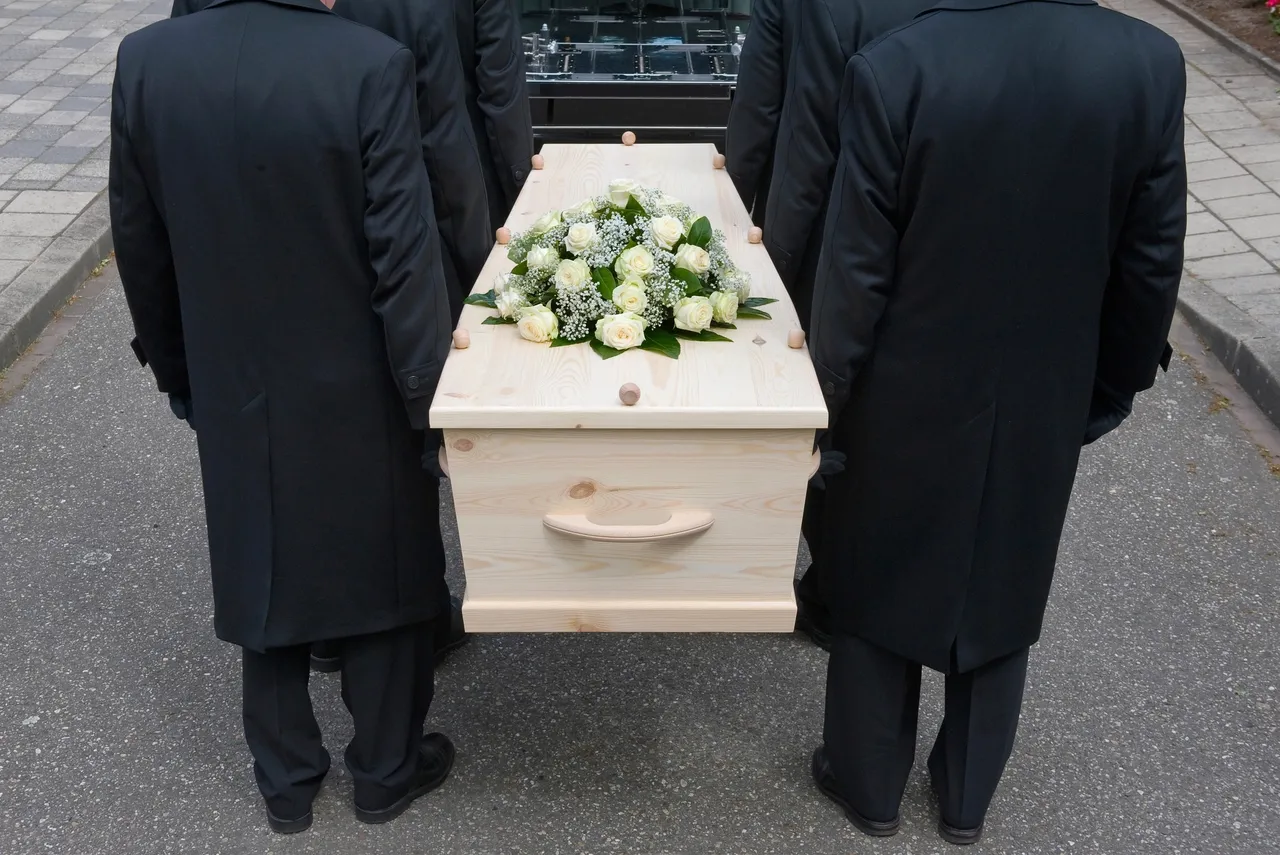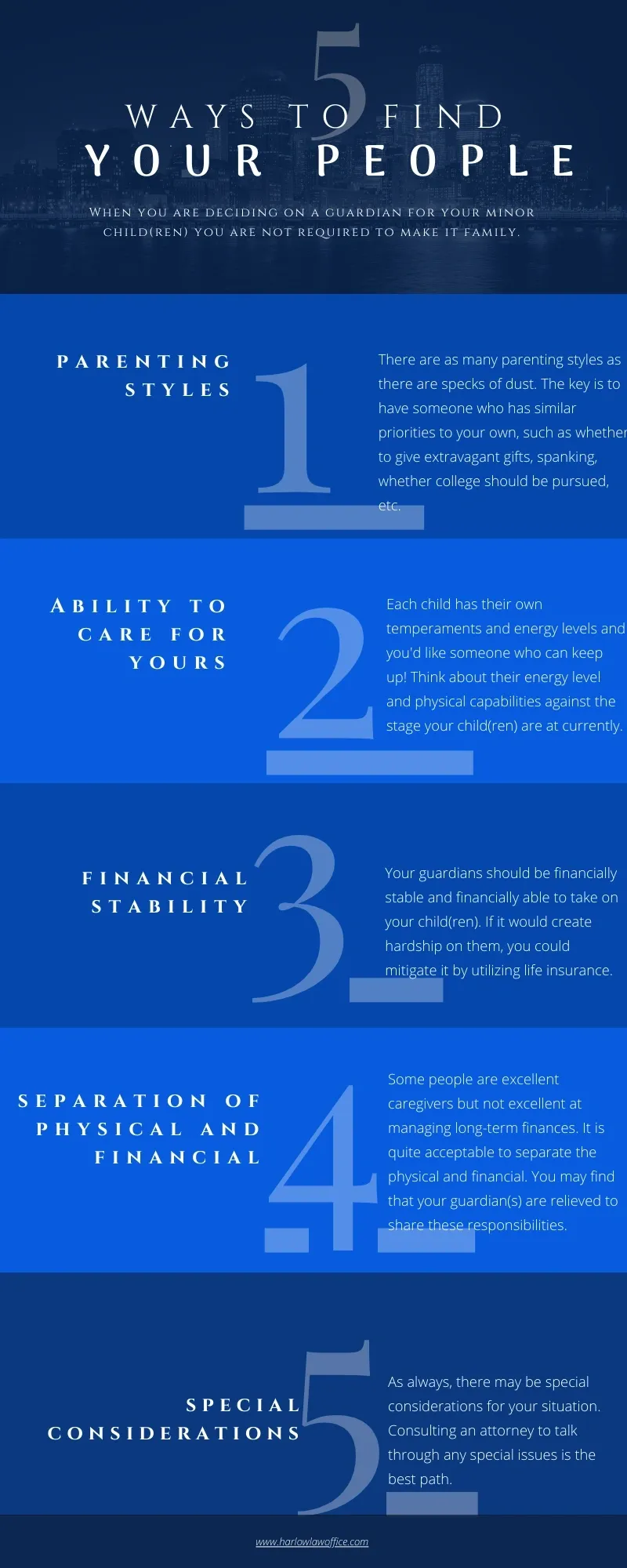Cincinnati Elder Lawyers: What Assets Can Medicaid Collect After Death?
Most Cincinnati elder lawyers agree that Medicaid is one of the best programs provided by the government for senior citizens who need help paying for long-term care. Medicaid is a needs-based program with strict income and asset limits that must be followed; otherwise, seniors can face penalties if they do not meet those limits. There are some exceptions for assets that are uncounted for Medicaid purposes, including a house or a car. However, after the senior receiving Medicaid passes away, the government must try to collect on the costs of the program paid out from the senior’s estate. There are two ways the government will try to collect from the deceased’s estate: through estate asset recovery and real estate liens.
Estate Asset Recovery
When recovering funds through the estate assets, the state must submit a claim to the probate court for any expenses owed by the estate. However, depending on your state, those estate assets can either come from solely-held assets, otherwise known as probate assets, or from both solely-held and jointly-held assets, which would be any assets the deceased had an interest in but did not pass through the probate estate. This list includes any jointly-owned bank accounts and real estate, as well as anything that may have been held in a Trust. Typically, the government will only collect on probate assets, but it’s important to speak with an experienced Cincinnati elder law attorney to find out what the laws are in your state regarding estate asset recovery. There may be a way to shield some of those assets through the use of irrevocable trusts, though it depends on your state’s laws and your personal situation.
Real Estate Lien
The government can also seek repayment by placing a lien on any real property owned by a Medicaid beneficiary at the time of their death. The state will collect whatever is owed to them by the estate when the property is sold in the same way that a mortgage would be paid off or how a tax lien would be satisfied.
Keep in mind that there are circumstances when the state cannot recover the costs of Medicaid care. These circumstances typically involve when there is a surviving spouse, a disabled or minor child, or a sibling or child caregiver who served as a care provider for a certain amount of time before the beneficiary was moved to a long-term care facility.
If you would like to learn more about the Medicaid process, or if you’d like to discuss your options for Medicaid planning for yourself or a loved one, please give us a call at 513-440-9384 to set up a consultation with one of our Cincinnati elder lawyers.





